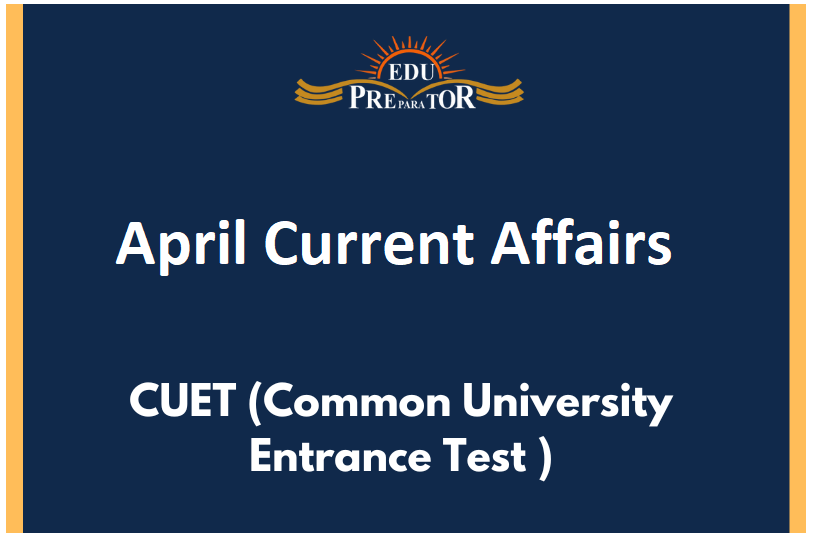
Supreme Court Upholds Right to Privacy for Election Candidates in Asset Disclosure
1: The Judgement and Its Backstory
- The Supreme Court of India ruled that election candidates need not reveal all movable assets they own, acknowledging the Right to Privacy of candidates.
- An MLA from Arunachal Pradesh filed a petition challenging a 2023 Guwahati High Court judgement that nullified his election because of not revealing three vehicles as assets in his electoral affidavit.
- The claim was that this omission was a "corrupt practice" under Section 123 of the Representation of People Act (RPA), 1951.
- The Supreme Court ruled that withholding privacy on matters irrelevant to voters or unrelated to public office candidate did not constitute a "corrupt practice" or a "defect of a substantial nature" under the laws.
2: Understanding the Right to Privacy
- The Supreme Court, in its landmark decision in K.S. Puttaswamy vs Union of India (2017), identified the right to privacy as a fundamental right.
- This right protects individuals from interference by the State and non-state actors, allowing them to make autonomous life decisions.
- The right to privacy, an aspect of the right to life and personal liberty, is protected under Article 21.
3: Representation of People Act (RPA) 1951 – An Overview and Its Significance
- The RPA 1951 regulates the conduct of elections and the qualifications and disqualifications of elected representatives.
- Its provisions include regulating election conduct, specifying qualifications and disqualifications for parliament and legislative houses membership, curbing corrupt practices and other offences, and outlining procedures for resolving election-related disputes.
- 'Corrupt practices' under Section 123 of the act include bribery, undue influence, spreading false information, and fostering feelings of enmity or hatred between citizens.
- In the 2017 Abhiram Singh versus C. D. In The Commachen Case, the court ruled that candidates cannot appeal for votes based on their own or voters’ religion.
- Importance of RPA 1951:
- It bars persons with criminal backgrounds from entering representative bodies, thus aiming to decriminalise Indian politics.
- It mandates every candidate to disclose assets, liabilities and account of election expenses, promoting accountability and transparency.
- It discourages corrupt practices like booth capturing, bribery or promoting enmity, thereby ensuring free and fair elections.
- It allows only political parties registered under section 29A of the RPA Act to receive electoral bonds, aiding transparency in electoral funding.
4: Implications of the Judgment
- Every candidate retains their privacy rights and need not publicise every asset they possess.
- The decision maintains that disclosure should be limited to information essential for voters to make an informed choice.
- This judgement opens the door for more balanced legal interpretations of privacy rights of public figures.



Comments
Nam cursus tellus quis magna porta adipiscing. Donec et eros leo, non pellentesque arcu. Curabitur vitae mi enim, at vestibulum magna. Cum sociis natoque penatibus et magnis dis parturient montes, nascetur ridiculus mus. Sed sit amet sem a urna rutrumeger fringilla. Nam vel enim ipsum, et congue ante.
Cursus tellus quis magna porta adipiscin
View All